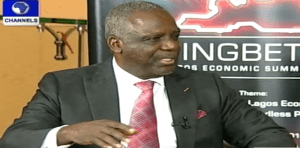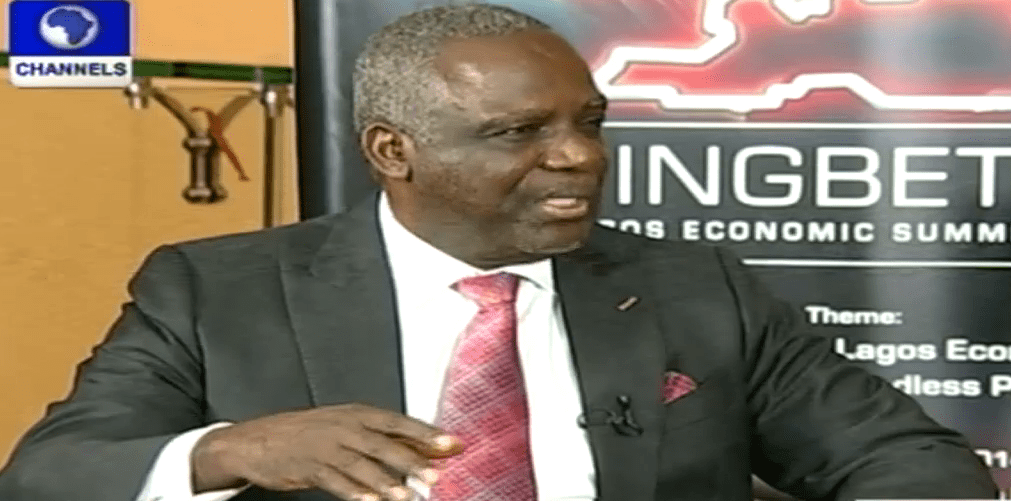
According to Mr Nnaji, one of the keynote speakers at the 7th Lagos Economic Summit (EHINGBETI 2014) said the new owners “invested to purchase but they haven’t invested to improve.” He said this while appearing on Channels Television’s breakfast programme, Sunrise Daily.
Mr Nnaji mentioned that rapid investment is one key issue and the companies that purchased the distribution and generation companies must invest quickly because “that’s the whole essence of the privatization.”
He added that the privatization process would be meaningless unless those companies actually deliver on what they signed on to, which is, “they must invest to improve efficiency of collection and the network for distribution companies. Those who purchased generation companies must invest to lift the generation figures. ”
The Federal Government had assured Nigerians that the reforms made in the power sector would put an end to epileptic power supply experienced in many parts of the country but many still complain of poor service.
On this Nnaji said the performance growth in the sector should have been incremental and that the investors would need to replace a lot of dilapidated transformers, lines as well as install connection systems, prepaid meters to satisfy the demand for electricity.
He said, the time it would take citizens to feel the impact of the privatization process would vary depending on the area, noting that it would take about a year for those in Lagos to feel the changes.
He disclosed that there were generating plants in Lagos which only require gas to deliver power as quickly as possible. He mentioned that vandalism was playing a huge role on the unavailability of gas and that the infrastructure needs more investment and monitoring systems to ensure better delivery.
When asked about the possibilities of hydro power, Nnaji said “Hydro has a limit. After Mambilla and Zungaru (power plants), there’s really no other big hydro that we are working on so we have to understand that as a country.
Nnaji, who said that the success of Nigeria’s power sector would have to come from gas fired plants and coal fired plants, noted that there were large deposits of coal in Enugu, Benue, Kogi and Gombe States.
He mentioned that the large economies of the world including America and China were using coal-fired plants to generate up to 60 percent of their power despite the negative implications to the environment.
“So people can’t tell Nigeria, you should be very clean and be tree-huggers here, while they are powering their economy with coal. It’s just unacceptable. I think (in) Nigeria, we have to willfully go about this and invest in coal-fired plants.”
He defended his position on Nigeria using coal despite the implications to environmental health, stating that the coal quality in Nigeria is better that in many other countries. The coal has no sulfur and has high calorific value and so not “great pollutants” to the environment.

